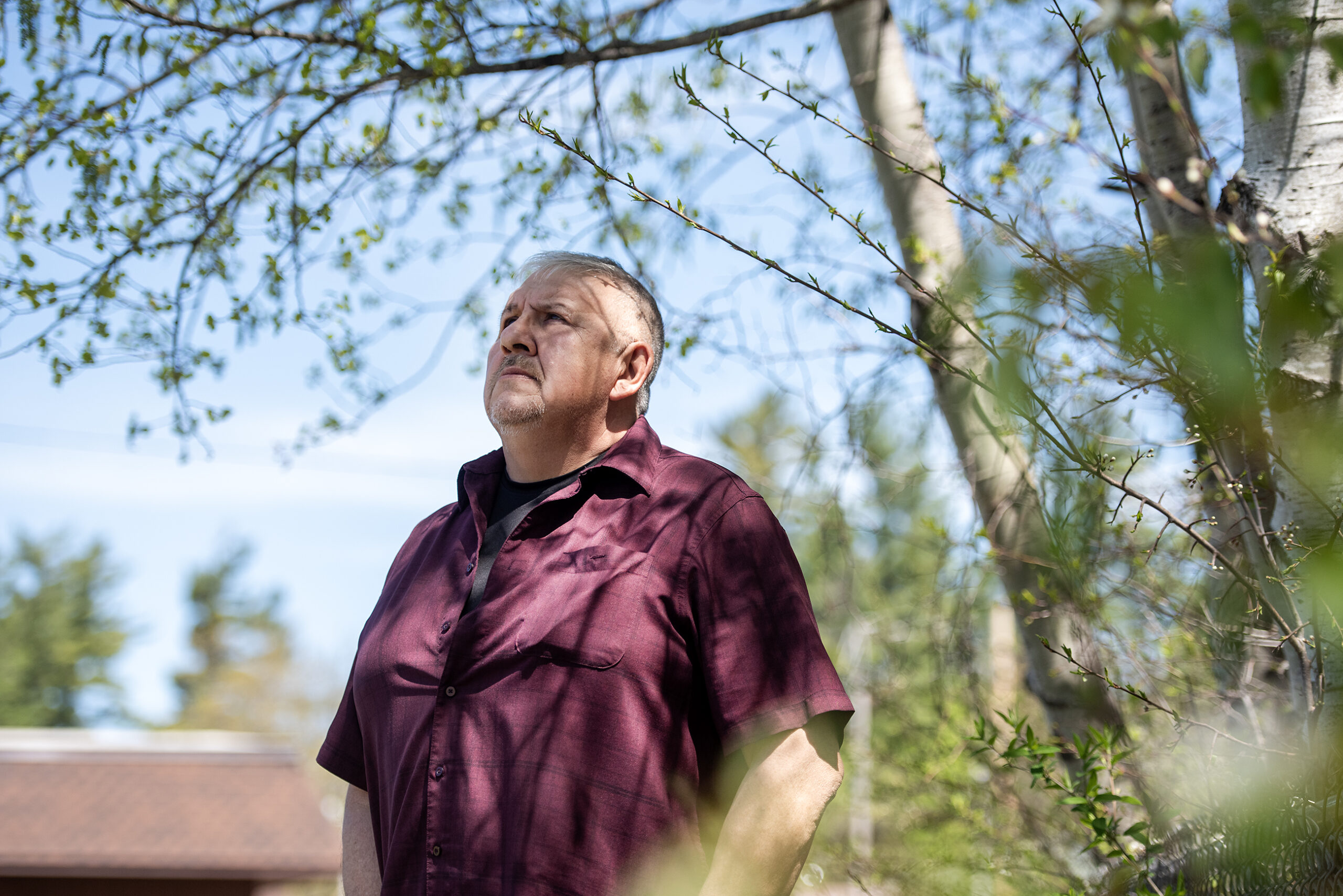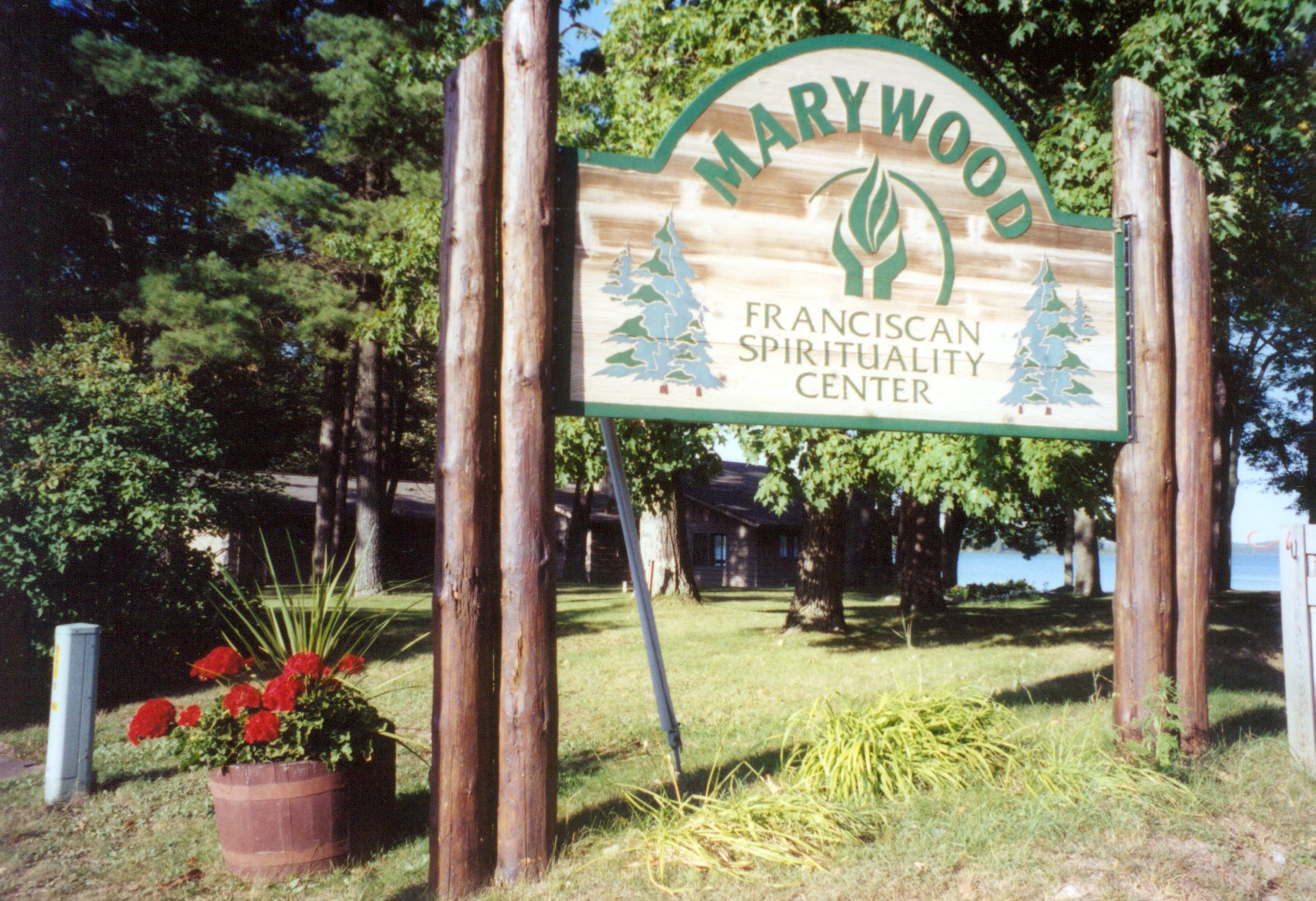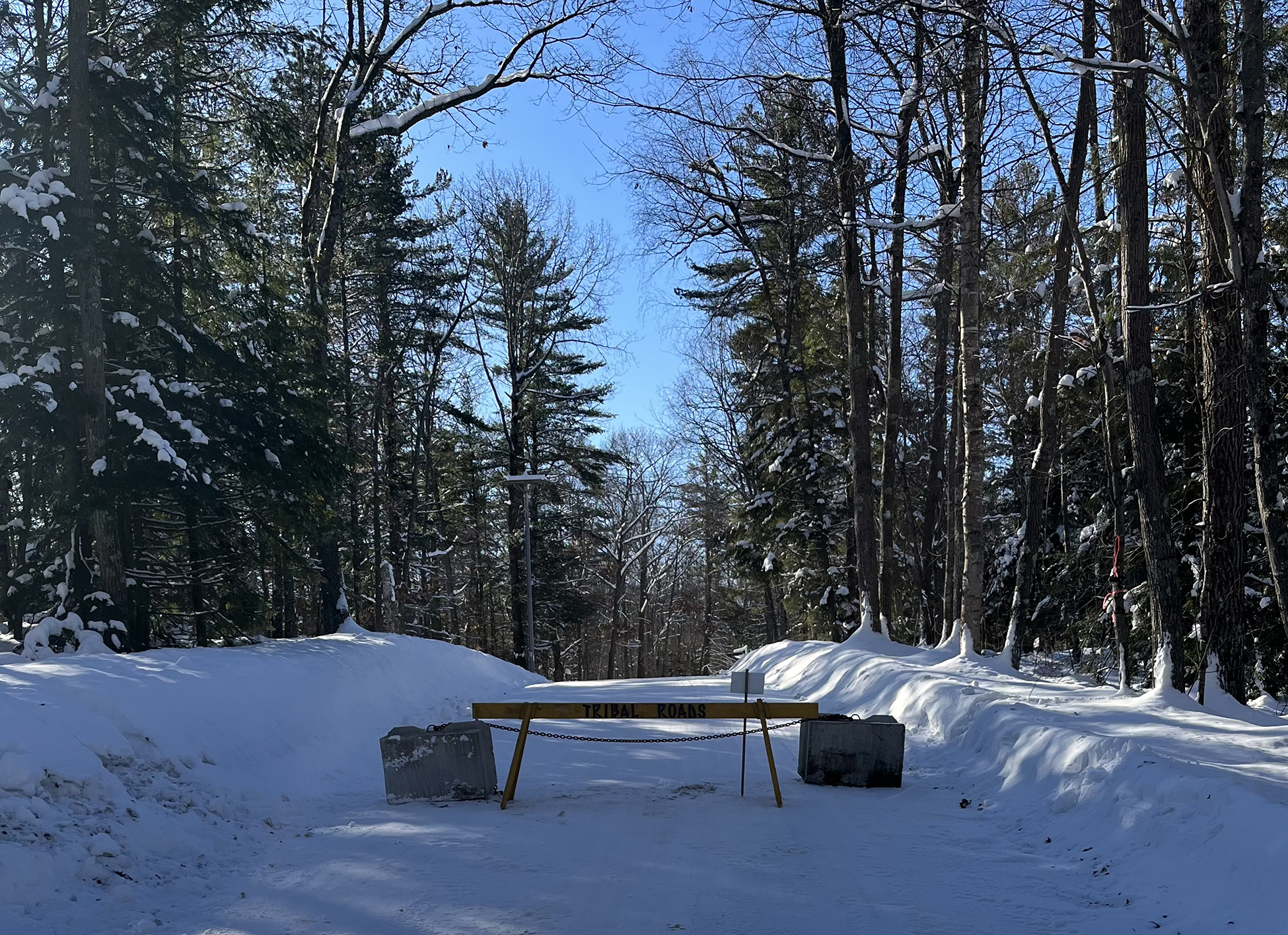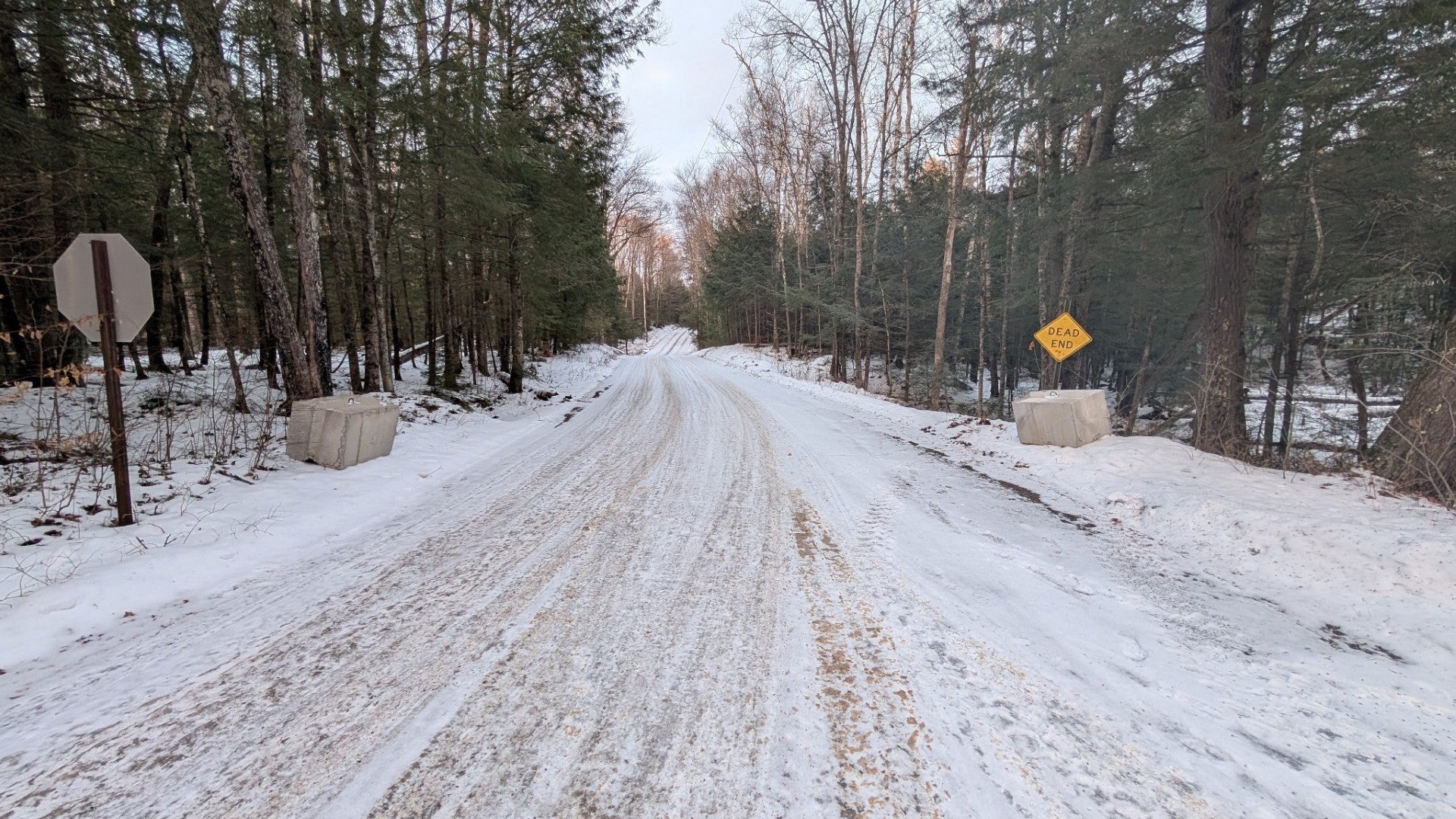A northern Wisconsin tribe is once again warning it may restrict access to four roads unless it receives payment from the town of Lac du Flambeau. The tribe is also demanding the town vacate and stop maintenance on parts of three more roads crossing Indian lands.
The Lac du Flambeau Band of Lake Superior Chippewa made the demands in two letters sent to Town Chair Matt Gaulke on Friday. It’s the latest indication that tribal leaders aren’t backing down in a longstanding dispute over access to roads. That’s despite a federal judge urging tribal leaders not to restrict access until a court case is resolved.
In January 2023, tribal officials placed barricades on Elsie Lake Lane, Center Sugarbush Lane, East Ross Allen Lake Lane and Annie Sunn Lane. The move came after negotiations failed between the tribe, the town of Lac du Flambeau and title companies over expired easements on those roads. While the tribe reopened roads last year, it’s been granting access in exchange for a monthly fee that town officials say they can no longer afford.
In an Oct. 18 letter, Lac du Flambeau Tribal President John Johnson Sr. said the tribe considers the town to be in default of a resolution authorizing temporary permits for access to the four roads.
“Please take notice that the town has until January 16, 2025, to pay all outstanding temporary access permit fees due and owing to the tribe, and failure to pay will result in restricted access over the four roads,” Johnson wrote.
In a separate letter, the tribe said the town has not proven that it has a valid right-of-way for three more roads crossing tribal lands, including all of Headflyer Lake Lane and parts of North Indian Village Road and Indian Village Road.
If the town doesn’t stop maintenance by Nov. 18, Johnson said the tribe would consider it an “unauthorized trespass” and exercise its rights under federal regulations, which could include evicting the town from those lands.
Neither Johnson nor Gaulke were immediately available for comment Wednesday.
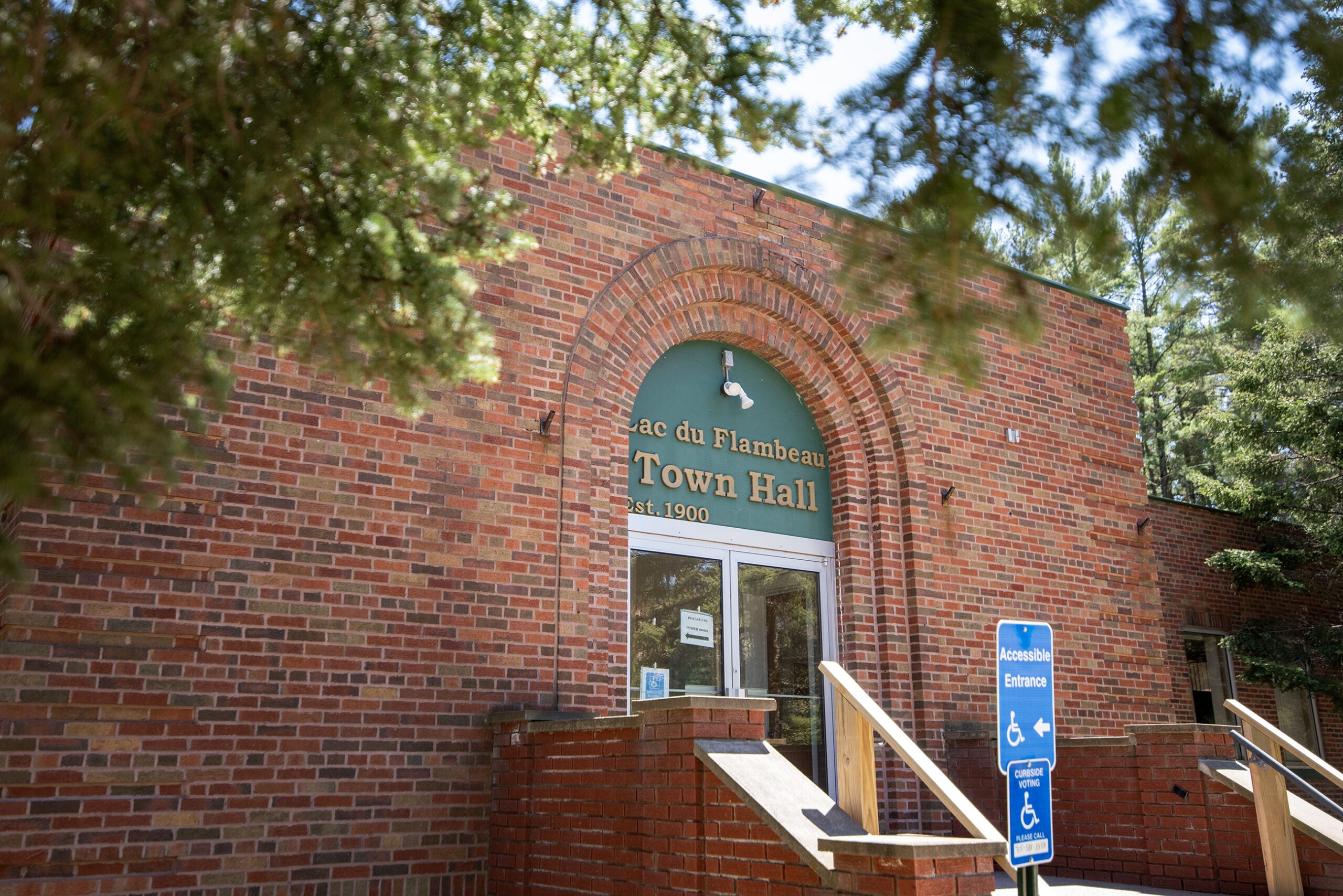
Town supervisor resigns after election to tribal council
News with a little more humanity
WPR’s “Wisconsin Today” newsletter keeps you connected to the state you love without feeling overwhelmed. No paywall. No agenda. No corporate filter.
The latest demands also come as Gloria Cobb, a town supervisor and tribal member, resigned from the town board last week after her recent election to serve on the Lac du Flambeau Tribal Council. Cobb told WPR she wants people to know she’s not switching sides, saying she is recusing herself from discussions on the tribal council related to the roads issue.
“I do fully care about what happens, but my personal end result would be that we open up lines of communication and work to resolve (it),” Cobb said. “We can be at odds with one another, but at the end of the day, we all live in Lac du Flambeau. We breathe Lac du Flambeau, and my hope is that we can agree to disagree and just resolve it for everybody’s benefit.”
Last year, the federal government sued the town on behalf of the tribe for trespassing. Homeowners have also mounted legal challenges against the Bureau of Indian Affairs over access to roads.
The town has paid at least $600,000 to the tribe to maintain access to the four roads, depleting its entire roads budget. It last paid $50,000 for access permits in August, which expired on Sept. 12. That prompted homeowners to seek a court order to prevent the tribe from taking steps to block the roads.
Last month, U.S. District Judge William Conley issued an order that temporarily barred the federal government from limiting access to the roads, but he stopped short of including the tribe. Even so, Conley said it was the court’s expectation that roads will remain open for homeowners during litigation. He added that he would consider expanding the order to include the tribe or Bureau of Indian Affairs if they go against the thrust of his decision before a final ruling in the case.

Lac du Flambeau homeowner Dave Kievet said he thinks the tribe is trying to force the judge’s hand.
“It’s going to be solved in federal court and at the federal level. It’s not going to be solved at the local or the state level,” Kievet said. “I think this particular issue, what the tribe is doing right now by playing the card that they have to play,
I think that they’re just forcing the issue is all they’re doing.”
Homeowners like Kievet say the federal government is responsible for resolving the dispute since past federal policies like the Dawes Act broke up reservation lands, resulting in them falling out of tribal ownership.
Kievet said he feels the tribe is infringing on his rights, adding his home was once a place of refuge. Now, he can hardly get his wife to join him there on the weekends. He said the rift has caused damage between tribal and nontribal residents that he feels won’t be repaired for decades.
“This appears to be about their sovereign rights, and I’m not sure what their end game is, but it’s causing them to do harm to people that don’t deserve it,” Kievet said. “They’re not the ones that created this mess.”
In August, the town met with lawmakers to explore whether the state or federal government may be willing to provide money or lands to help resolve the dispute. During the meeting, state Sen. Mary Felzkowski, R-Tomahawk, likened the tribe to terrorists, prompting the tribe to ban her from the reservation.
The tribe initially sought $20 million in damages for what it said was trespassing by the town. Since then, tribal leaders have asked for roughly half that amount, and they want to grant annual leases in exchange for a fee equal to 1.5 percent of the fair market value of homes along the four roads.
Tribal officials have said they’re open to trying to mediate the dispute provided the tribe doesn’t have to give up more of its rights or sovereignty.
Wisconsin Public Radio, © Copyright 2026, Board of Regents of the University of Wisconsin System and Wisconsin Educational Communications Board.

